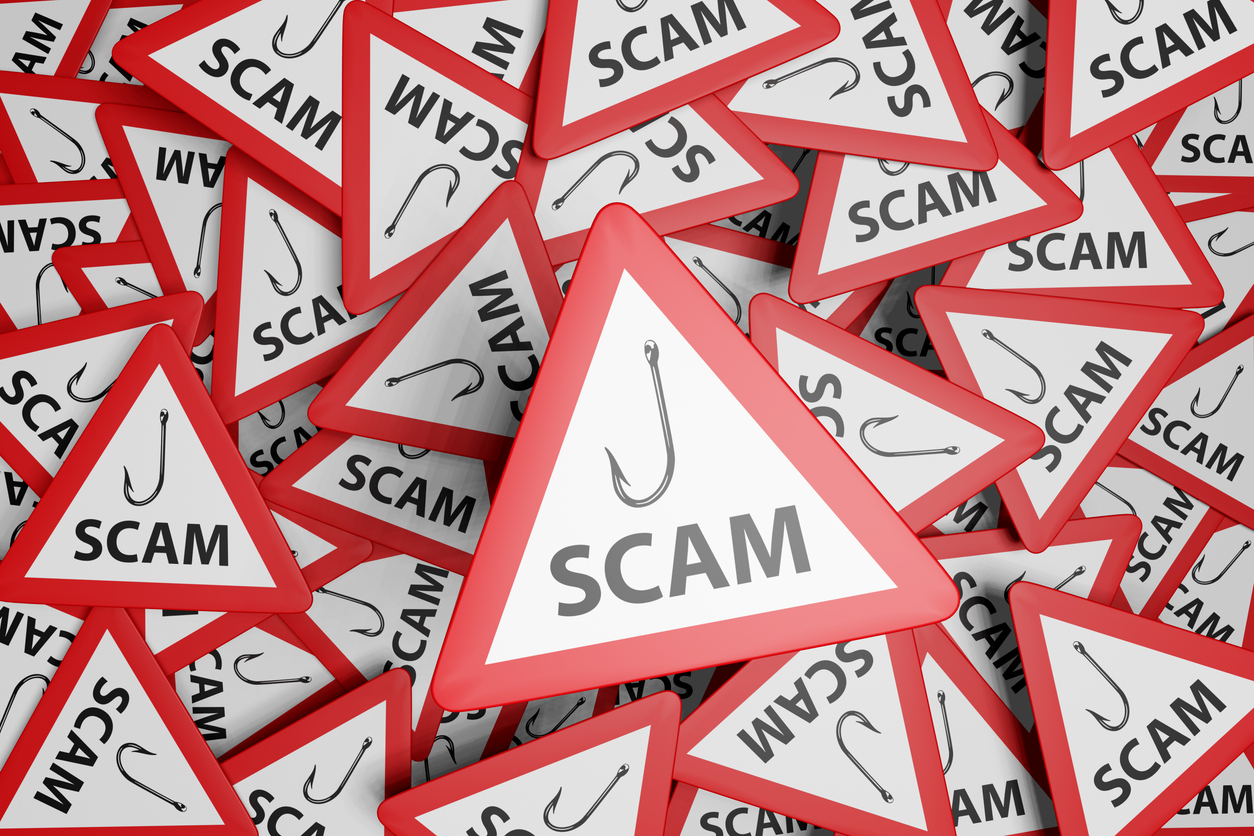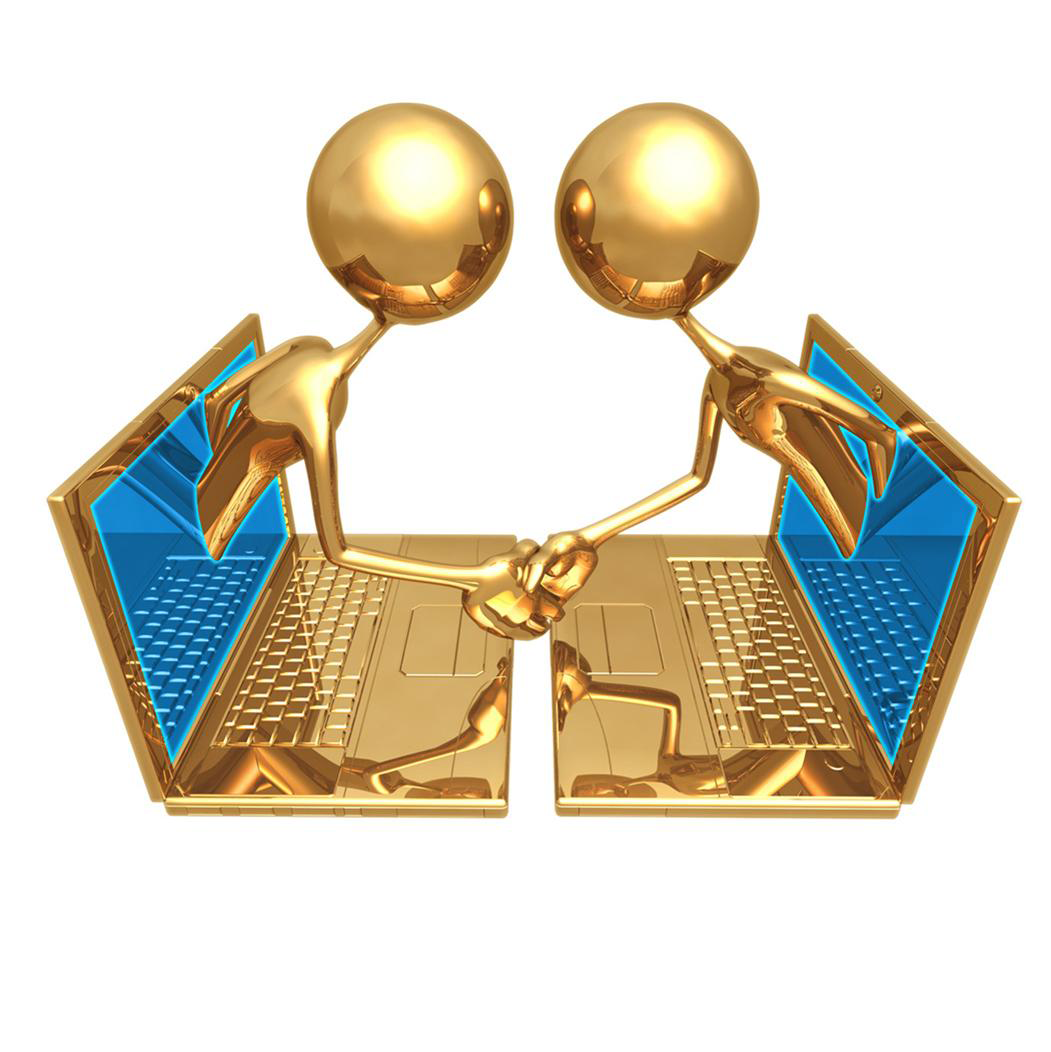11 Jun Scammers, Beware by Kellie Brungard, GPC
Posted at 13:15h
in Competency One, Competency Two, Industry News, Kellie Brunguard, Organizational Development, Research
In our increasingly interconnected world, the rapid growth of technology has brought numerous benefits and opportunities. However, it has also opened the door to a darker side of the internet: scammers. These individuals or groups employ deceitful tactics to exploit unsuspecting individuals, leading to financial loss, identity theft, and emotional distress. In 2023, we find ourselves facing an alarming surge in scamming activities, with perpetrators becoming increasingly sophisticated in their approaches. The Federal Trade Commission reported $660 million in losses due to business imposters, a significant increase from $196 million in 2020. This article aims to shed light on the specific ways scamming has grown in 2023 and offers practical tips to help you stay vigilant and protect yourself in this rapidly evolving digital landscape.










